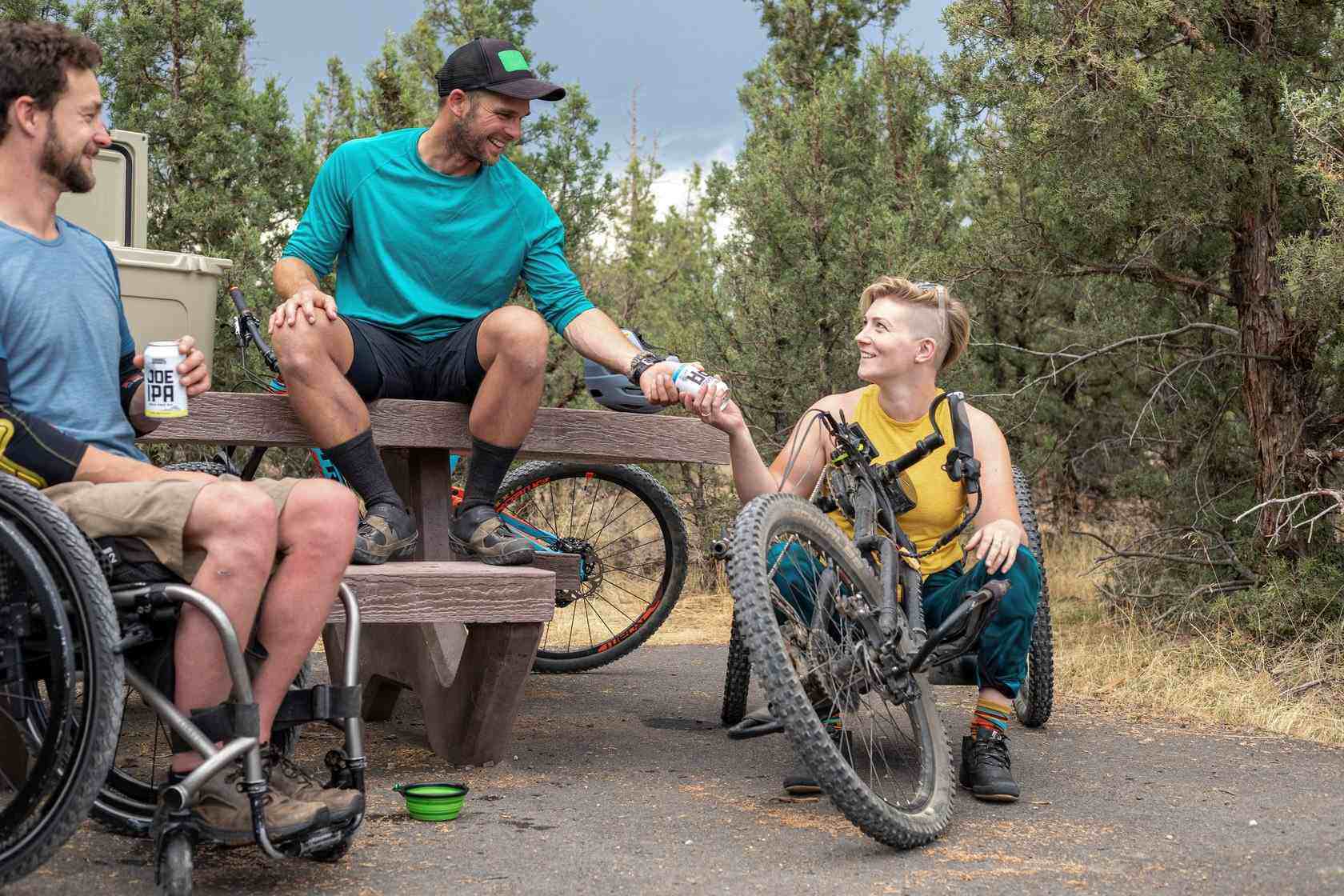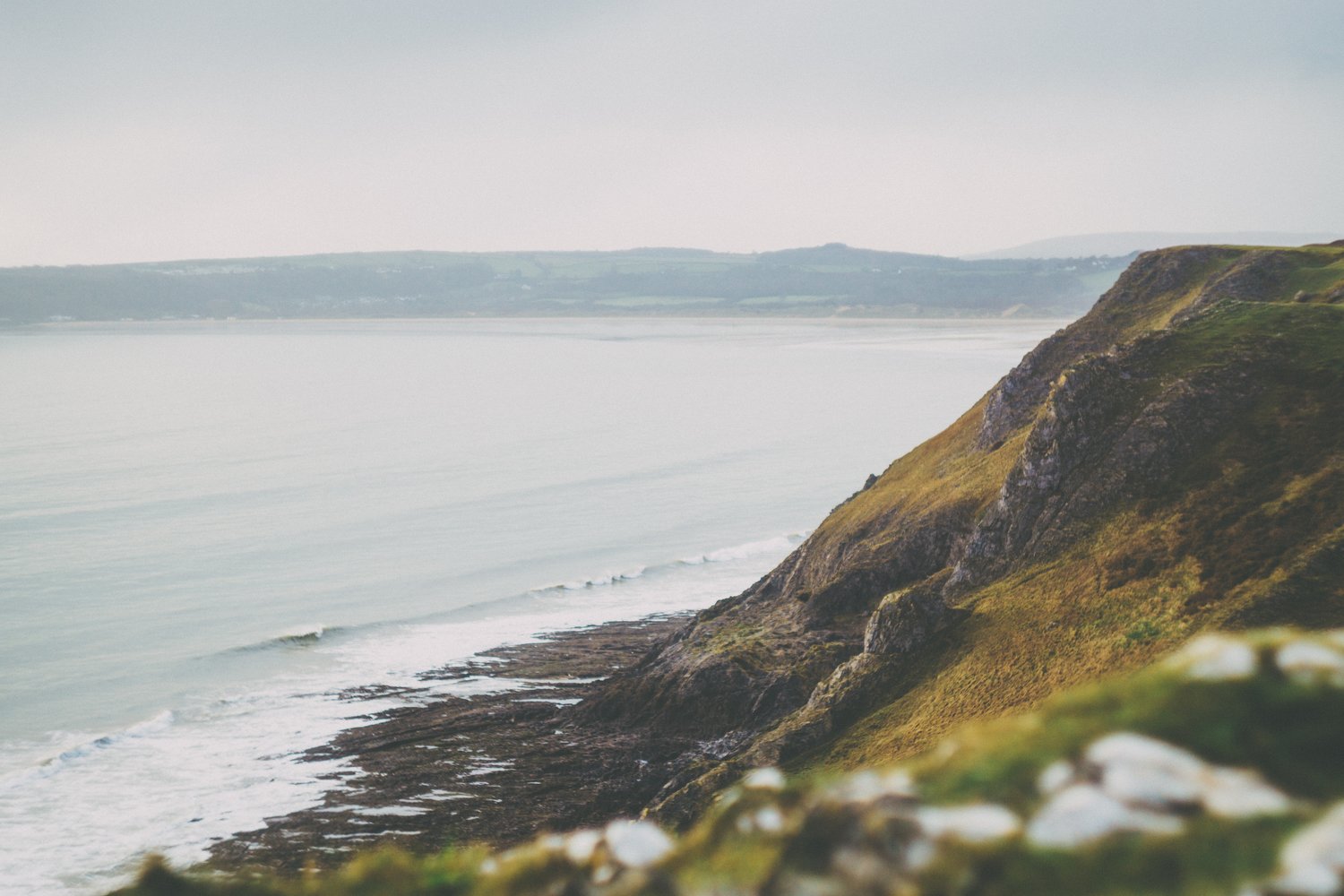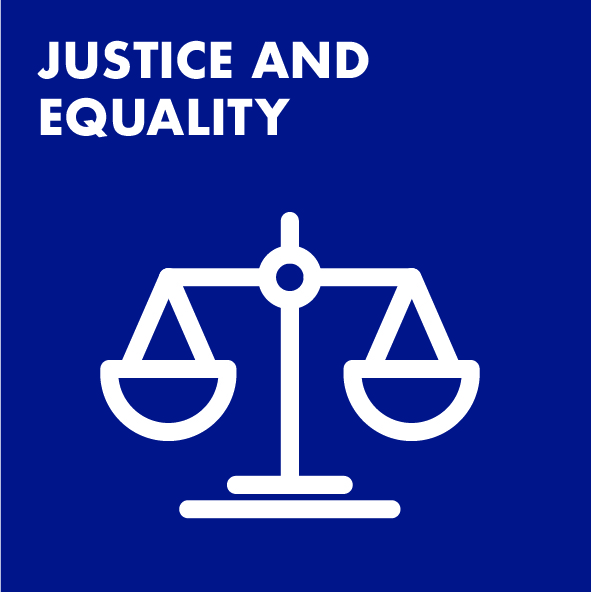The Challenge
People who have a disability want to go on holiday just like anyone else but they face a number of barriers that are particular to them. These include physical barriers, such as tourist accommodation that is not adapted for wheelchair users, informational barriers, which include difficulties accessing information about the destination that is relevant to their disability, and attitudinal barriers, which relate to the willingness of workers in the tourism industry to recognise and take account of the needs of their disabled guests.
These barriers are particularly high in the case of specialist types of tourism such as ecotourism: a relatively new form of tourism that typically takes place in remote natural areas, where the terrain in difficult, facilities are few, and where tourists often undertake physically challenging activities such as mountaineering, rock-climbing or kayaking.
Ecotourism businesses are often the leading lights in terms of their responses to nature conservation and boosting the local economy, so how far does this level of responsibility extend to ensuring that the holidays they provide are accessible by all?
The method
In collaboration with researchers from Brock University, Canada, the project has adopted multiple methods to investigate the issues at hand, including a detailed analysis of the website materials of certified ecotourism businesses in Australia, which is a testbed for future research. This analysis is being followed up by a series of in-depth interviews with ecotourism experts worldwide.
The impact
The results of the study suggest that while ecotourism businesses that while ecotourism businesses are usually keen to display their environmental and social responsibility by including details of their certification on their websites, few even mention what they are doing to serve the disabled traveller community.
There is little evidence that ecotourism businesses are adapting their facilities and offerings to meet the needs of disabled customers. Where progress is being made, it tends to focus on addressing the needs of people with more visible, physical disabilities, such as mobility limitations, to the exclusion of those with hidden disabilities, including sensory limitations, such as limited sight or hearing, and intellectual disabilities, such as autism or dementia. There is, however, much that ecotourism businesses could do, at relatively low cost, to address the needs of people with disabilities. While the challenge of introducing such changes may be greater for ecotourism businesses, given the nature of where and how they operate, it is nevertheless possible and, indeed, the responsible thing to do.
The researchers have prepared an agenda for change, along with guidance for particular types of ecotourism business, which will be disseminated through the many global, international and national organisations that promote and certify ecotourism. Ideally, meeting the needs of customers with disability should be seen as an integral part of every ecotourism business and be a component part of the system of certification that allows them to demonstrate their credentials.










